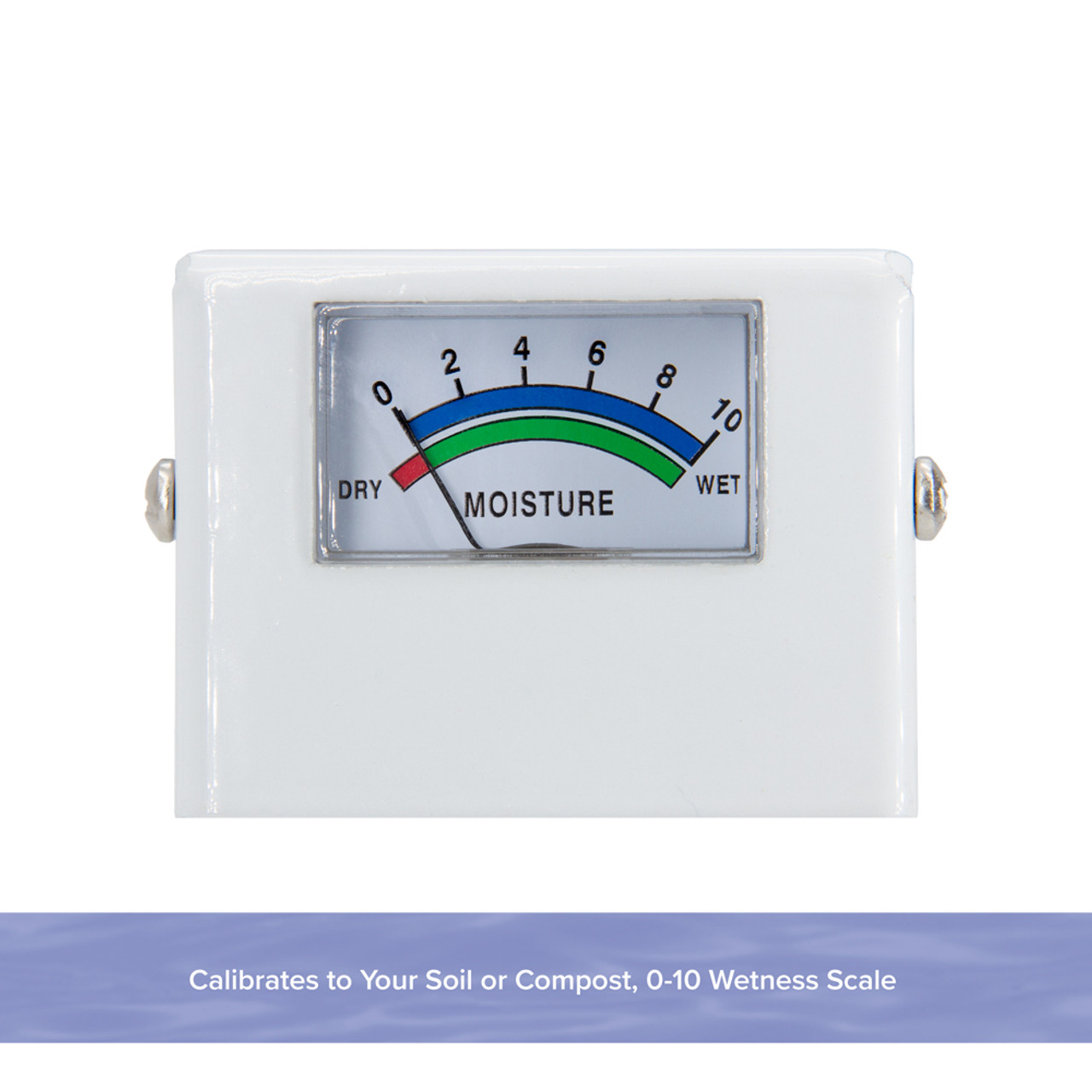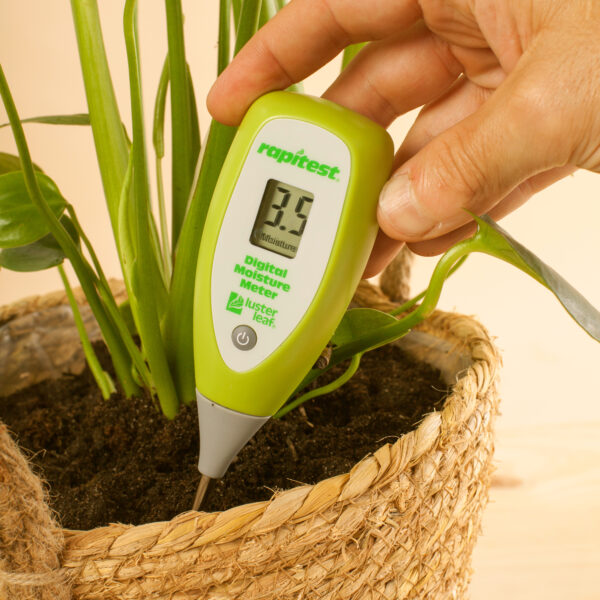Top 10 Benefits of Using a Moisture Meter for Definite Measurements in Your Home
Top 10 Benefits of Using a Moisture Meter for Definite Measurements in Your Home
Blog Article
The Ultimate Guide to Wetness Meters: A Comprehensive Summary and How They Can Conserve You Money
In the world of building upkeep, building, and different sectors, the importance of accurately determining moisture levels can not be overstated. Wetness meters function as important tools in detecting and keeping an eye on moisture web content in products, aiding in preventing costly problems and guaranteeing the high quality of items. Understanding the subtleties of different types of wetness meters, their applications, and the potential cost-saving benefits they offer can be a game-changer for businesses and specialists alike. Finding how these devices can not just improve processes yet likewise add to economic cost savings is a journey worth starting.
Kinds Of Moisture Meters
Different kinds of moisture meters are readily available for various applications in various industries. One common type is the pin-type dampness meter, which measures the electric resistance in between two pins put into a product. This kind is suitable for wood, drywall, and other building materials. Pinless wetness meters, on the other hand, usage electro-magnetic sensing unit plates to scan a larger location without causing damage to the material's surface area. Moisture Meter. These meters are perfect for rapidly analyzing wetness degrees in large areas such as floorings and wall surfaces.

Infrared dampness meters gauge the thermal buildings of a material to establish its moisture content non-invasively, making them helpful for applications where pin or pinless meters might not be ideal. Recognizing the various kinds of moisture meters readily available can assist industries choose the most proper device for their particular moisture dimension demands.

Benefits of Utilizing Wetness Meters
Dampness meters provide invaluable benefits in precisely assessing and keeping track of dampness degrees in diverse materials and atmospheres (Moisture Meter). Among the key benefits of utilizing wetness meters is the prevention of prospective damage triggered by excess moisture. By detecting and resolving high wetness degrees early, moisture meters aid to stop mold and mildew development, rot, and architectural damages in buildings, saving both time and money on repair work. Furthermore, moisture meters help in making certain the top quality of materials during building and construction or production procedures. By accurately measuring moisture content, these devices aid keep the honesty of timber, drywall, concrete, and various other products, lowering the threat of failures or issues.
Furthermore, making use of dampness meters can cause boosted energy performance. By recognizing locations with high wetness degrees, such as leakages or poor insulation, adjustments can be made to boost power conservation and decrease utility prices. In farming settings, dampness meters play an essential function in maximizing crop yields by enabling farmers to check soil moisture degrees and make informed irrigation choices. In general, the advantages of utilizing dampness meters cover throughout various sectors, supplying affordable remedies and promoting far better quality assurance techniques.
Exactly How to Pick the Right Moisture Meter
When picking a dampness meter, it's essential to make certain that the meter is appropriate for the particular material you will certainly be screening. Different products have differing electrical homes that can affect dampness analyses, so selecting a meter made for your material is important for accurate outcomes. By very carefully reviewing these factors, you can pick a dampness meter that fulfills your requirements and provides precise moisture dimensions for your jobs.
Appropriate Techniques for Wetness Meter Use

Price Financial Savings Via Dampness Meter Applications
Just how can the calculated usage of dampness meters lead to considerable price savings throughout numerous view it now sectors? In the agriculture sector, wetness meters help in identifying the optimal time for gathering crops, stopping over-drying or excess dampness that can affect the last product's top quality.
Similarly, see this website in building and construction, moisture meters assist prevent expensive problems by detecting dampness degrees in building materials, such as timber or concrete, which can lead to structural issues if not addressed without delay. By identifying issue locations at an early stage, service providers can take corrective actions to avoid substantial fixings or replacements, eventually conserving time and cash.
Additionally, in the food processing industry, wetness meters are important for keeping an eye on item top quality and ensuring compliance with security guidelines. By accurately determining wetness material in food items, suppliers can prevent putridity, preserve freshness, and reduce waste, resulting in considerable expense savings. Generally, the strategic application of moisture meters is a valuable investment that can lead to significant cost reductions and improved efficiency across various industries.
Conclusion
In conclusion, wetness meters are important devices for measuring and identifying wetness degrees in different products. By using the right moisture meter and following proper methods, customers can properly stop pricey this problems caused by excess dampness.
Moisture meters offer as indispensable devices in finding and keeping an eye on moisture web content in materials, assisting in preventing expensive problems and ensuring the top quality of products. Infrared wetness meters gauge the thermal residential or commercial properties of a product to establish its moisture material non-invasively, making them valuable for applications where pin or pinless meters may not be appropriate.Dampness meters provide vital benefits in accurately checking and evaluating wetness degrees in varied products and settings. In agricultural settings, moisture meters play a vital duty in maximizing crop returns by making it possible for farmers to check soil moisture levels and make notified irrigation decisions.In conclusion, wetness meters are useful devices for measuring and spotting moisture levels in various products.
Report this page